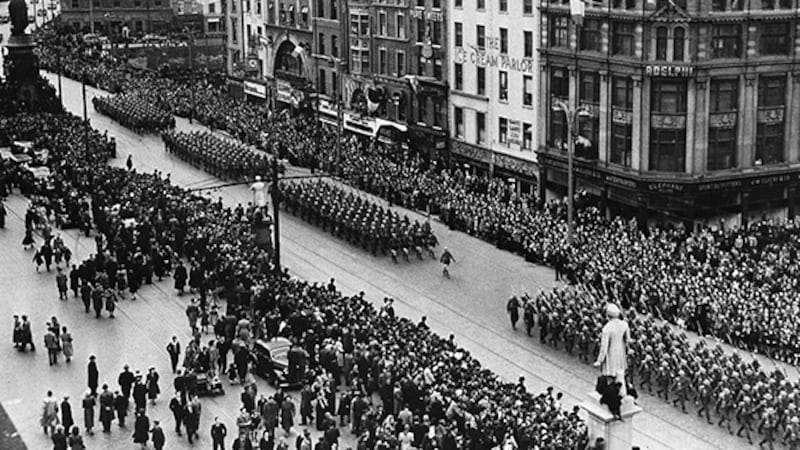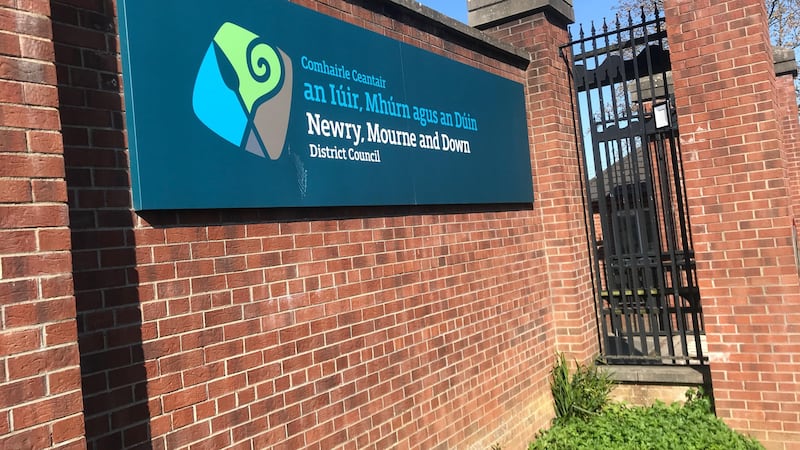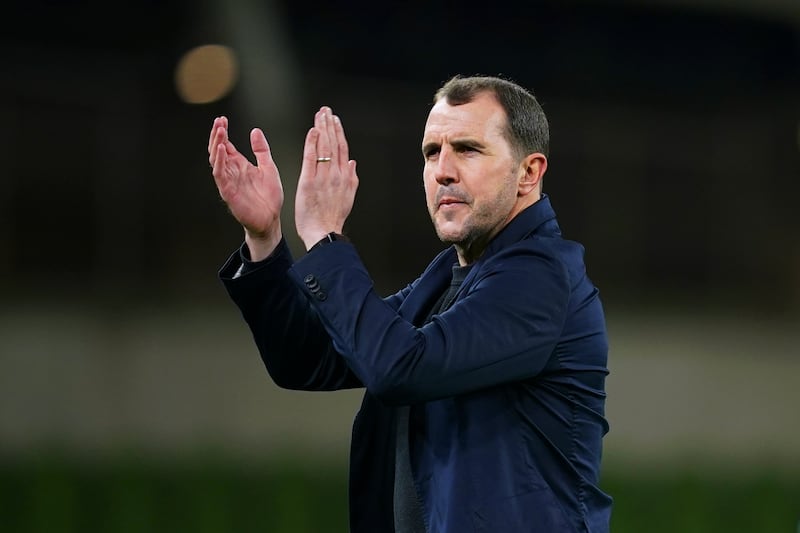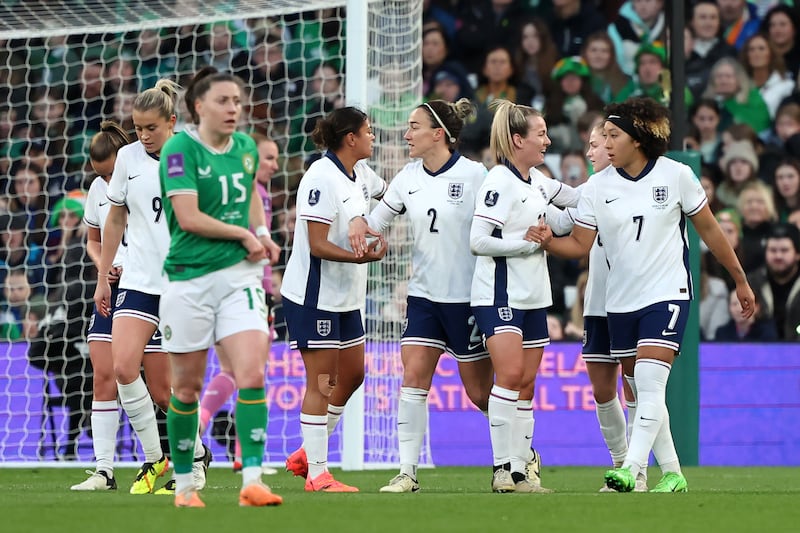Taoiseach Leo Varadkar has described the 75th anniversary of the official declaration of the Irish Republic as an “important milestone” in the history of the country.
But the declaration on Easter Monday 1949 following the passing of the Republic of Ireland Act was not universally welcomed, particularly by some northern nationalists.
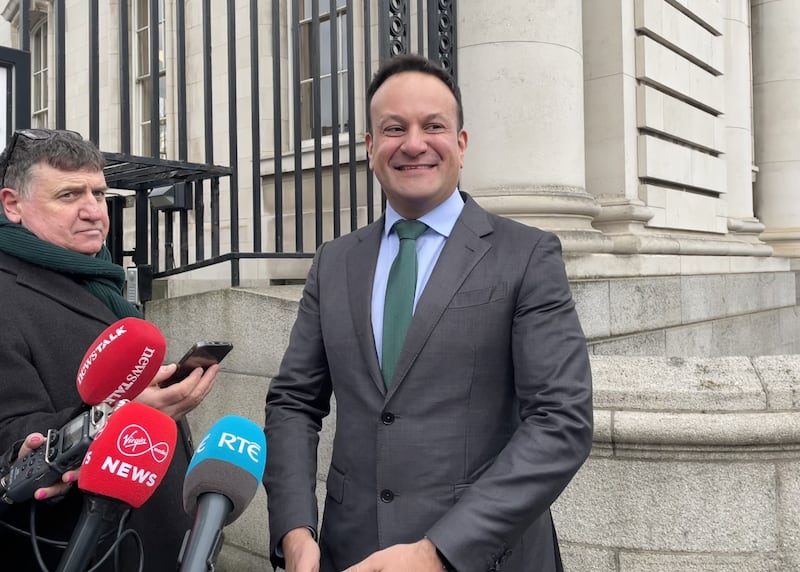
Nationalists in the north believed the act cemented partition, a view shared by Éamon De Valera.
The UK Government later in the same year passed the Ireland Act, which recognised Ireland’s independence as a republic outside the Commonwealth but also guaranteed the north would remain part of the UK as long as a majority wanted to retain the status quo.
Fine Gael Taoiseach John Costello issued the declaration on Easter Monday in 1949, April 18. It severed any remaining official or ceremonial links to the UK and led to Ireland leaving the Commonwealth.
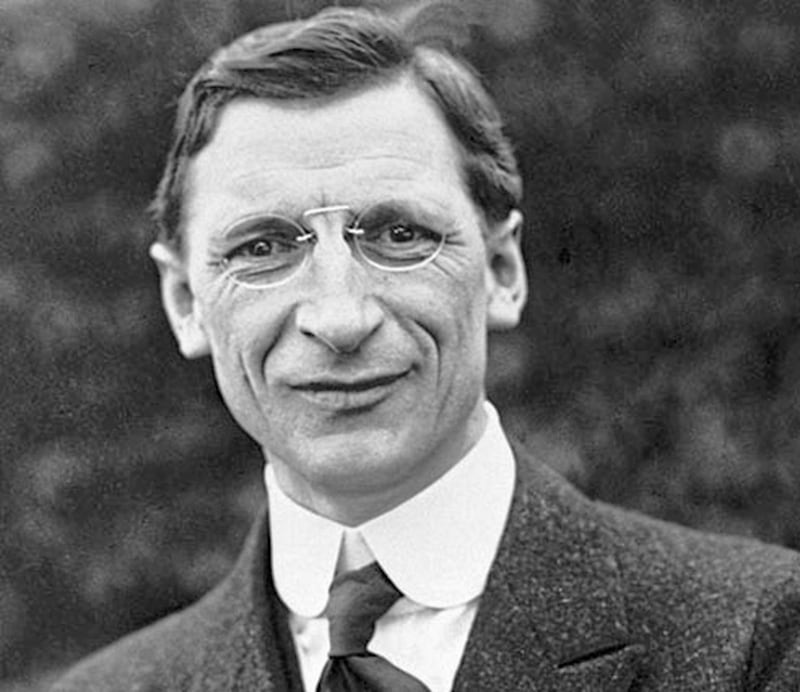
In a statement, Mr Varadkar said the act and declaration “changed our relationship with Britain, resolved a number of constitutional issues, some significant, some symbolic, and enabled us to engage with the world in a different way”.
“The Republic of Ireland Act was supported by every party in the Dáil, and it passed without difficulty,” Mr Varadkar said.
“75 years on, it is still a remarkable achievement and one that belongs to all of us.”
Mr Varadkar claimed it paved the way for Ireland to join the EU, the United Nations and “made us a nation that strived for peace at all times”.
“Since then, we have worked to fulfil our destiny as a free, independent country, playing our part on the world stage, promoting democracy and freedom and defending human rights,” he said.
“Today this means speaking up for Ukraine in its fight for freedom against unprovoked aggression and speaking out against the humanitarian catastrophe unfolding in Gaza.
“As a Republic, we joined the United Nations in 1955, and our proud history of involvement in UN and EU peacekeeping missions around the world is a testament to our global outlook and vision.”
The declaration led to the evolution and strengthening of the relationship with the UK, Mr Varadkar said.
“Today, despite the tensions and challenges, the British-Irish relationship is once again close and meaningful.
“Nonetheless, our national identity is outward looking, our destiny as a country is no longer dependent on our nearest neighbour.
“Perhaps that is the greatest legacy of the change that happened 75 years ago.”
